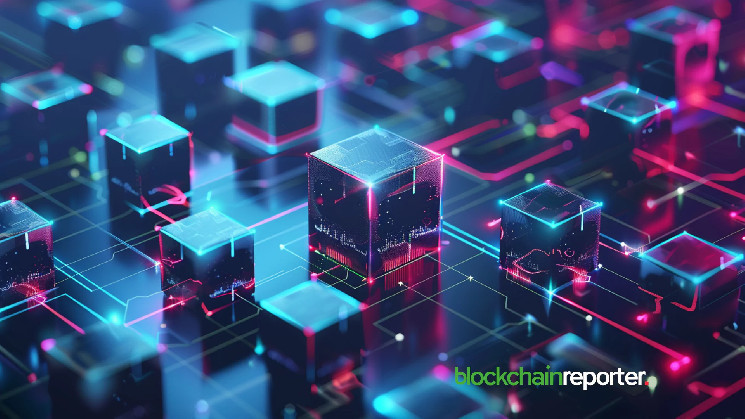In a recent tweet, Neon Rebel, co-founder and CEO of Paradigm, announced a major update that has caused a stir in the blockchain community. This week, Paradigm quietly introduced a new feature called applicative recursion as part of Starknet’s 13.2 upgrade. The innovation is called block packing and is expected to change the way transactions are executed.
We quietly rolled out applicative recursion this week and it’s been a damn gamechanger
As part of @Starknet’s 13.2 upgrade, applicative recursion (also known as block packing) bundles multiple L2 blocks into a single recursive proof, meaning the fixed L1 costs are spread widely. pic.twitter.com/ZKZhYEAciV
— Neon Rebel (@fiddybps1) September 13, 2024
Neon Rebel announces a minimum trade size of $100 and new trading features
In application recursion, many Layer 2 (L2) blocks are used as one large step in a recursive proof. This method helps spread the shared L1 costs across many more transactions and is therefore extremely beneficial. Amazingly, L1 gas rates have been reduced by as much as 600% and transaction backlogs have been reduced by up to three times, resulting in faster transaction confirmation.
In addition to these changes, Neon Rebel shared that Paradigm is now lowering the minimum to just $100. This is expected to increase trading opportunities by increasing the accessibility and cost of trading within the society. Moreover, the update also introduces new trading pairs and portfolio margins for options along with multi-collateral assets per spot.
Major Blockchain Update Improves Trading and Reduces Costs with New Technology
Neon Rebel also pointed out that the potential of zk-rollups (zero-knowledge rollups) should be more appreciated. While some devote themselves to discussions about decentralization, Paradigm continues to move towards innovation and the continued integration of as much of the financial world as possible on the blockchain with a smooth user experience.
Finally, the use of applicative recursion represents an important development in blockchain, as it has the potential to enable faster and cheaper transactions, along with increased trading capabilities.


